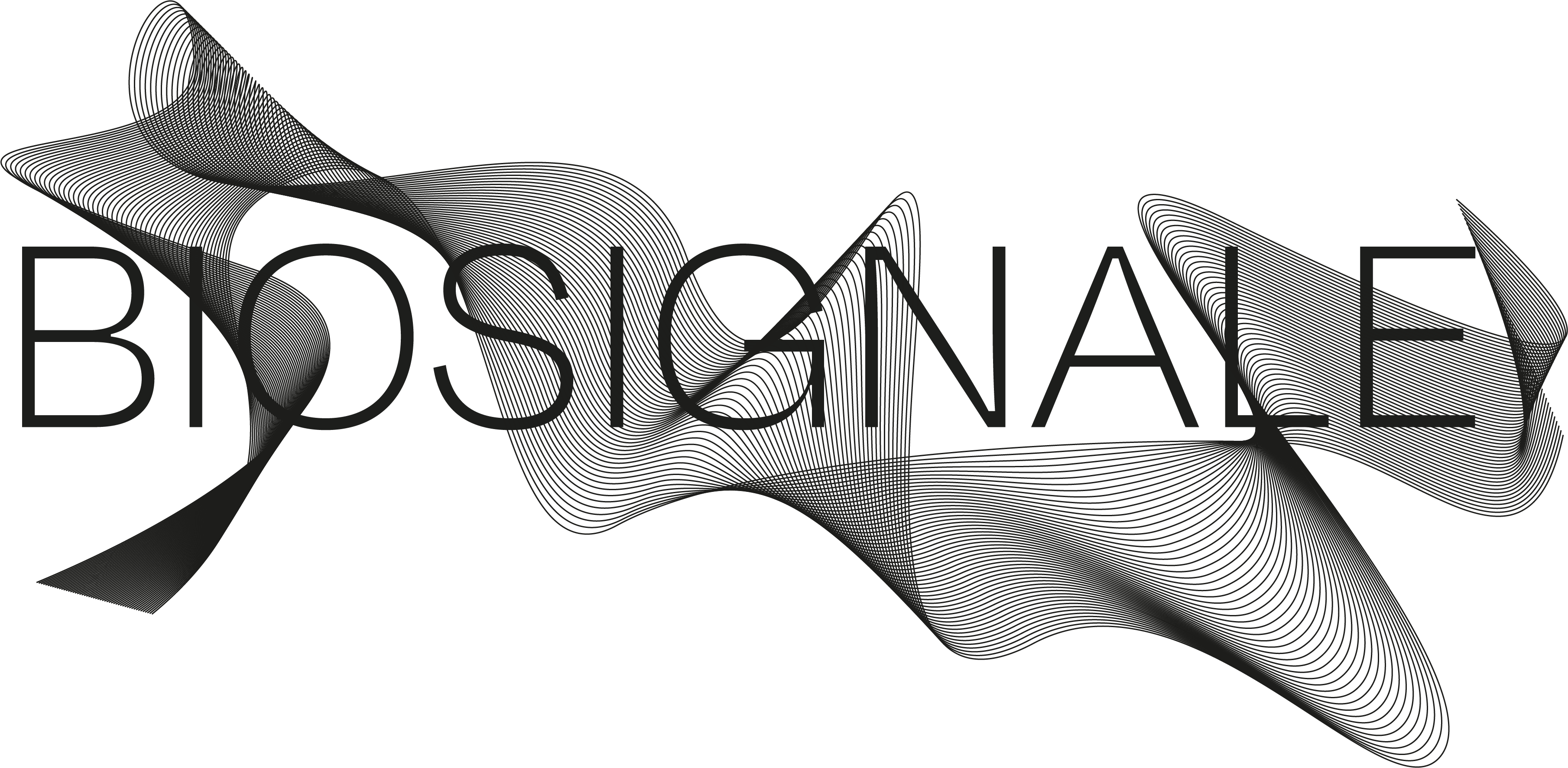Program
Program at a glance
- Pre-conference Workshop BmSHE: 28.02.2024 11:30-13:00
- Conference Opening: 28.02.2024 13:00
- Fachausschusstreffen: 28.02.2024 18:00
- Social Event: Visit of DPZ 29.02.2024 11:30
- Conference Dinner: 29.02.2024 19:00
- Conference Ending: 01.03.2024 14:15
- Optional Workshops: 01.03.2024 14:30-17:00
- Optional Social Event: 01.03.2024 17:00
Keynotes

Joana M. Warnecke is a research associate at the University of Cambridge, UK and the Peter L. Reichertz Institute for Medical Informatics of TU Braunschweig and Hannover Medical School, Germany. She received her M.Sc. in Information Systems from the TU Braunschweig and is currently also a member of the executive committee of the Peter L. Reichertz Institute.
Her current research focuses on the health monitoring of babies in intensive care, developing algorithms for heart and breathing rate as well as the evaluation of video-based systems. As a PhD student she is also designing such sensor systems including machine learning approaches for multimodal sensor fusion for in-vehicle health monitoring.

Péter Kovács completed his habilitation in computer science in 2022; since then, he has been an associate professor at the Department of Numerical Analysis of Eötvös Loránd University in Budapest, Hungary. In 2012, he was a visiting researcher at the Department of Signal Processing, Tampere University of Technology in Finland. From 2018 to 2020, he was a postdoc at the Institute of Signal Processing, Johannes Kepler University Linz in Austria. In 2016, he was honored with the Farkas Gyula Prize in applied mathematics from the János Bolyai Mathematical Society. With over 40 published scientific papers, his work on Variable Projection Networks was recognized with the Hojjat Adeli Award by the International Journal of Neural Systems. He is a member of the public body of the Hungarian Academy of Sciences and the IEEE EMBS Young Professionals Committee.
His main research interests include signal and image processing, numerical analysis, system identification, and explainable AI. Currently, he is focusing on model-driven machine learning, which combines the advantages of traditional model-based signal processing algorithms with the data-driven discipline of deep learning.
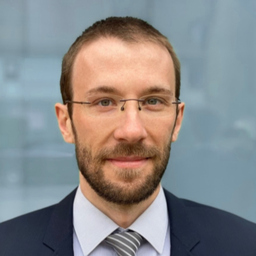
Patrique Fiedler studied electrical engineering and information technology at Technische Universität Ilmenau. He received his PhD in biomedical engineering in 2017. Subsequently, he moved to industry from 2017 to 2021 and held various development, project and product management positions at an internationally active medical technology manufacturer. Mr. Fiedler has been a visiting scientist at the University of Porto in Portugal and the University of Pescara-Chieti in Italy on several occasions . Since 2021, Patrique Fiedler returned to academia and currently is Junior Professor and Head of the group "Data Analysis in Life Sciences" at the Institute of Biomedical Engineering and Computer Science at Technische Universität Ilmenau. He also holds an Adjunct Assistant Professor position of the University of Texas Health Center, McGovern Medical School, Department of Pediatrics.
His research interests include data fusion, analysis of multimodal datasets and body sensor networks, as well as the exploration of novel sensor concepts for biomedical applications with a strong focus on neurosciences. Moreover, a focus is the development of online-capable analysis methods for close-to-sensor data processing.
Pre-Conference: Networking Meeting BMshE
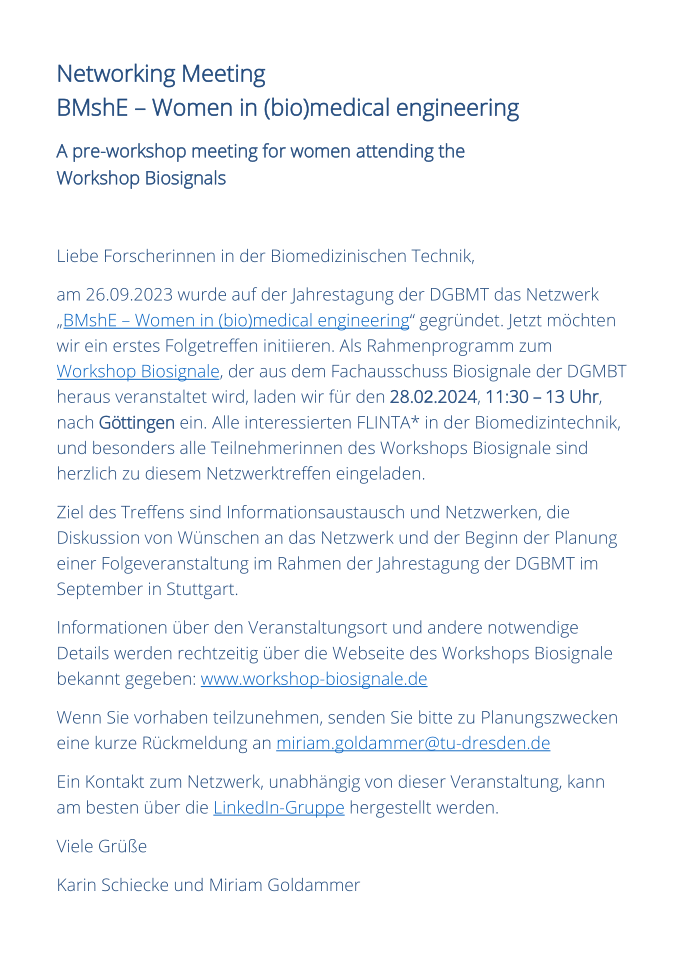
Last year at the annual DGBMT conference the network BMshE – Women in (bio)medical engineering was founded. We invite all female participants of the workshop to the first follow-up meeting taking place at the conference venue: 28.02.2024, 11:30-13:00. We will meet at the registration desk in lecture hall 24/25 (Med 24/25).
The aim of the meeting is to exchange information and network, the discussion of wishes for the network and the start of planning a of a follow-up event as part of the annual conference of the DGBMT in September in Stuttgart.
Social Event: Visit of DPZ

On Thursday, 29.02., we are offering you to visit the German Primate Center (DPZ) Göttingen with us, including a guided tour. The research of the DPZ includes basic biological and biomedical questions about the functioning of the body and about evolution and behavior by studying non-human primates. Included are also studies on and the preservation of primate populations in the wild and the improvement of the conditions of animal keeping.
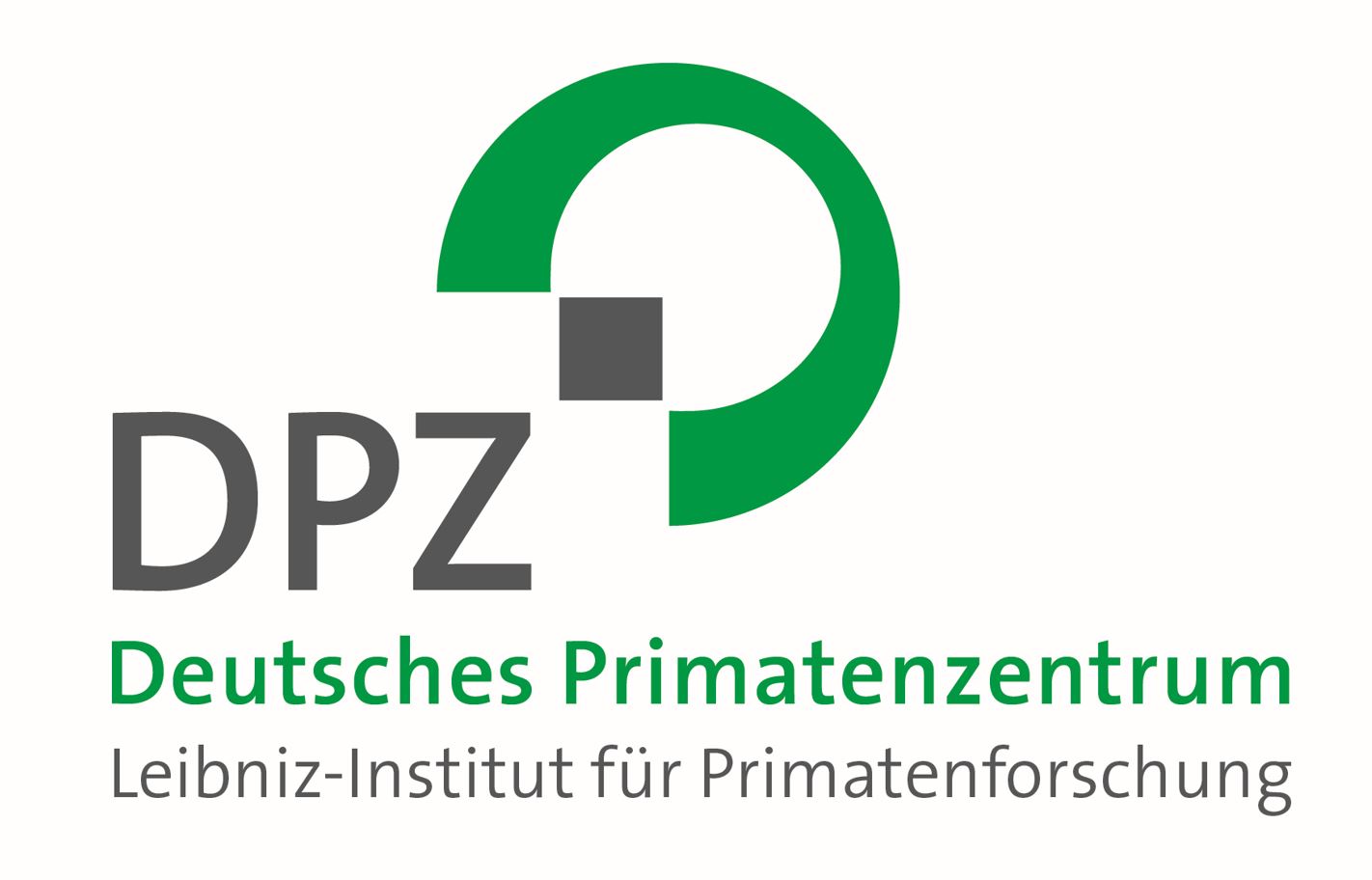
Post-Conference: Workshops
Workshop A: Feature Extraction for Time Series Data with MATLAB
In this hands-on workshop we will discuss common labeling, preprocessing, and feature extraction methods in MATLAB. We will use ECG data as an example, but the methods can be used for various types of timeseries data. We will cover:
- Preprocessing data to remove outliers and how to deal with missing data.
- Filtering with the Signal Analyzer App and programmatically.
- Creating spectrograms and using time-frequency transformations.
- Automatic Feature Extraction in the time and frequency domain.
- How to use extracted features for machine learning and deep learning.
Please note: This workshop will not cover the mathematical foundations of these methods. Instead, we will focus on understanding the high-level workings of the methods and how to use them in MATLAB.
Organizational Details:
- The workshop will be in English.
- The workshop will last 2 hours.
- You will need a MathWorks account (create one) and a laptop to participate fully.
- > Please register here for this workshop <
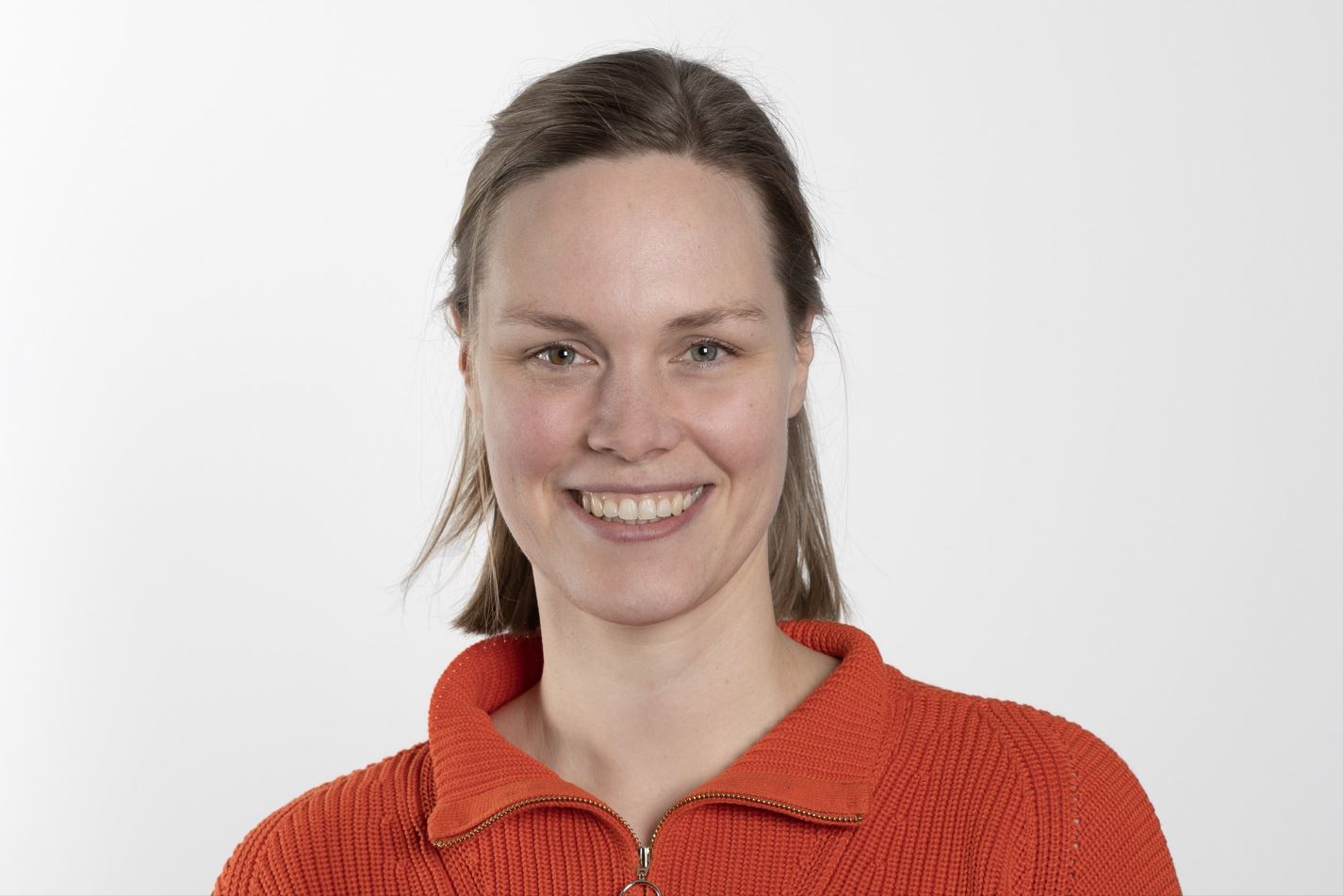
Dr. rer. nat. Franziska Albers is part of the Academia Team at MathWorks and supports researchers in integrating machine learning with MATLAB into their research projects. She studied physics in Heidelberg and Münster and holds a PhD in neuroimaging from University Hospital Münster. Her research background is in multimodal fMRI and MR physics.
Workshop B: How do artificial neural networks really work?
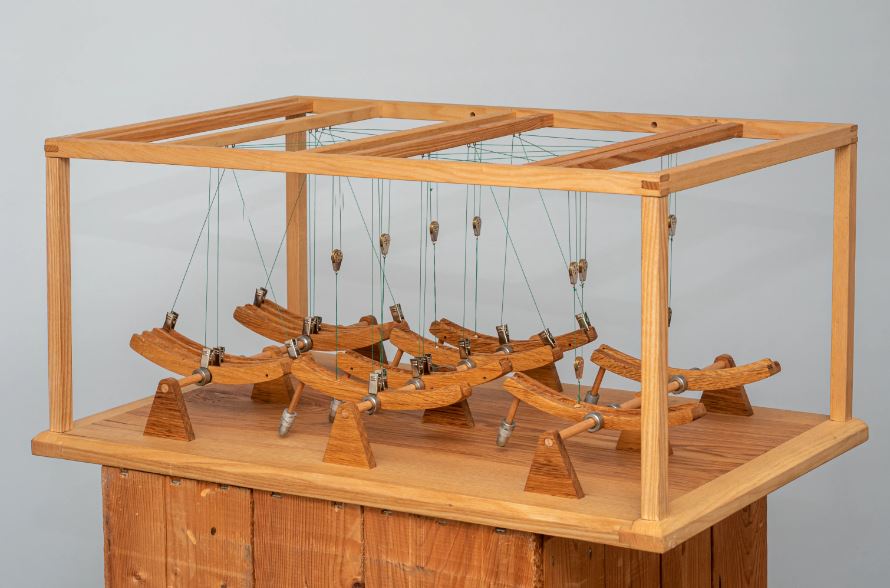
Did you ever wonder what is going on in an artificial neural network on a neural level? Did you ever wonder if we can build a real artificial neural network? In this workshop we will look at a mechanical model of an artificial neural network and understand how the distinct parts like neurons, activation functions, weights etc. function and connect. We will look at logical operators to examine how information flows in a network and how the network learns and adapts to different problems.
No computer programming knowledge is needed.
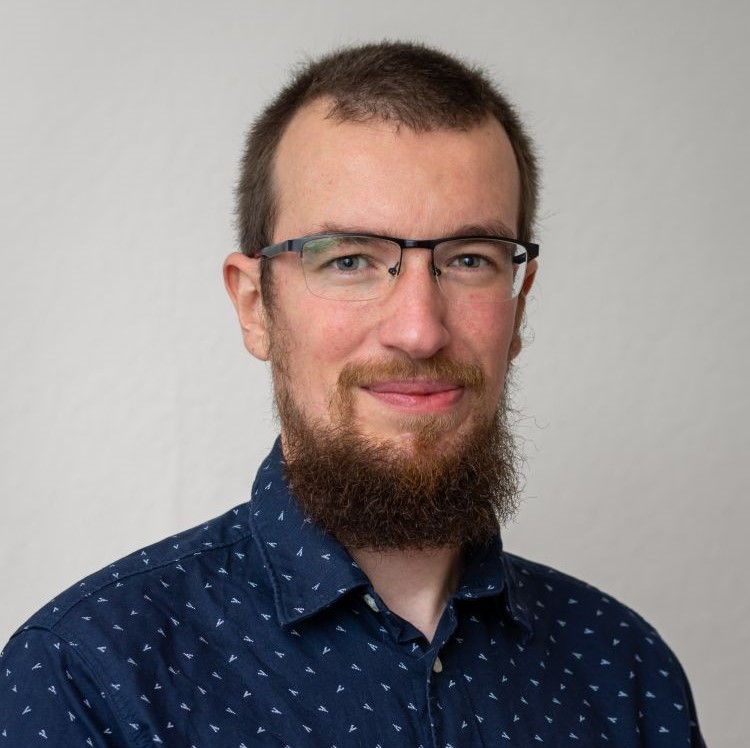
Axel Schaffland is a PhD student at Osnabrück University working on deep learning concepts and didactics of AI as well as image registration and rephotography. In his project "Mechanical Neural Network" he combines scientific modelling with hand-crafted modelling to make complex connections visible and touchable.
Workshop C: KISSKI - the AI Service centre for sensitive and critical infrastructures
In this session, we will demonstrate hands-on how to use the KISSKI HPC system and provide an overview of our secure HPC service and data management tailored to medical use cases with their special demands on data protection and privacy. We round this quick introduction into our work in KISSKI off with some insights into MLOPs (concepts and best practices for machine learning workflows) and provide you with an overview of our bio-services.
Organizational Details:
- The session will be in English.
- The session will last 1.5 hours.
- The session will feature live demonstrations and short presentations, but is no hands-on workshop.
- > Please register here for this workshop <
> Download program as PDF file <
| Wednesday, 28.02.2024 | |||
|---|---|---|---|
| 11:30 - 13:00 | BMshE Meeting | ||
| 13:00 - 13:45 | Opening Event | ||
| 13:45 - 14:15 | Keynote | Patrique Fiedler | Sensors and signal processing for mobile out-of-the-lab EEG |
| 14:15 - 15:45 | Session: Cardiology I Chairs: Sebastian Zaunseder, Walter Karlen |
Joshua Steyer | Electrograms in a Cardiac Cell-by-Cell Model |
| Miriam Cindy Maurer | Hunting Bunnies: Comparison of XAI methods for detection of right bundle branch blocks in 12-lead electrocardiograms | ||
| Philipp Sodmann | Corcodan - A network combining delineation and classification of ECG | ||
| Asmus Barth | Performance Comparison of Open-Source QRS Detectors Applied to Textile Electrocardiograms | ||
| Tabea Steinbrinker | Electrocardiography Denoising via Sparse Dictionary Learning from Small Datasets | ||
| 15:45 - 16:15 | Coffee Break | ||
| 16:15 - 17:45 | Session: Neurology I Chairs: Patrique Fiedler, Theresa Bender |
Hannes Oppermann | Photic driving in single trial EEG in the second harmonics |
| Paul Anders | Simultaneous EEG and OPM-MEG during auditory stimulation | ||
| Alina Troglio | Automated Spike Sorting in Microneurography: A Proof-of-Concept through Classification on Ground Truth Data | ||
| Hiromichi Suetani | Exploration of universality and individuality in human EEG: A reservoir computing approach | ||
| Magdalena Maurer | Comparison of CNN-based EEG classification in sensor and source space | ||
| from 18:00 | Fachausschusstreffen | ||
| Thursday, 29.02.2024 | |||
|---|---|---|---|
| 09:00 - 09:30 | Keynote presented by IEEE EMBS |
Péter Kovács | Interpretable Representation Learning for Biosignals via Variable Projection |
| 09:30 - 11:00 | Session: Neurology II Chairs: Karin Schiecke, Johannes Vorwerk |
Juan Pablo Fiorenza | Testing Predictive Coding through an Information-Theoretic Analysis of Intracranial EEG Recordings |
| Andreas Erbslöh | Phase-dependent Stimulation with Extreme Point Detection of LFP Oscillations in Retinal Recordings | ||
| Sven Festag | Appreciate the errors! – Can age prediction residua of sleep studies tell us more about patient health? | ||
| Andreas Erbslöh | Comparison of AI-enhanced Spike Sorting with Digital Autoencoders and Analog Memristors | ||
| Tim Erdbrügger | Contribution of CutFEM-based MEG source analysis to the reconstruction of the primary somatosensory response: A group study | ||
| 11:00 - 11:30 | Coffee Break | ||
| 11:30 - 13:00 | Social Event | Visit of DPZ | |
| 13:00 - 13:45 | Lunch Break | ||
| 13:45 - 14:15 | Sponsor Session | ||
| 14:15 - 15:45 | Session: Cardiology II Chairs: Péter Kovács, Marcus Vollmer |
Jorge Torres Gomez | Fine-tuned Circuit Representation of Human Vessels through Reinforcement Learning: A Novel Digital Twin Approach for Hemodynamics |
| Franz Ehrlich | Challenges in the Comparability of Event Detection in Biosignals: A Case Study of Arousal Detection During Sleep | ||
| Niels Wessel | Magnetocardiography at rest predicts cardiac death in patients with acute chest pain | ||
| Tobias Vogelsang | Analysis of deep networks for photoplethysmographic blood pressure estimation | ||
| Ennio Idrobo-Avila | Analysis of electrocardiographic signals to assess heart rate variability under surgical context: a methodological proposal | ||
| 15:45 - 16:15 | Coffee Break | ||
| 16:15 - 17:45 | Poster Session Chairs: Andreas Erbslöh, Ennio Idrobo-Avila |
Alparslan Babur | Posture estimation by analysing the pressure distribution on a cushion using machine learning |
| Nico Blass | Real-time Neonatal Respiratory Rate Extraction using Deep Learning and Domain Transfer | ||
| Gergő Galiger | Decision validity of heatmap-based explainable neural networks – an explanation first approach | ||
| Lennart Graf | Extending the AcuWave Software Suite by a DICOMweb™ Plugin | ||
| Oruç Kahriman | Optimizing Transformer Architecture for Time Series Analysis in Cardiovascular Signal Processing | ||
| Lucas Klauth | Conception of an AI-Based Recommender System for Labeling Ballistocardiographic Data | ||
| Dominik Kranz | Can Diffusion Models Understand the Long Term Dependencies in an ECG? | ||
| Marlen Kruse | Direction of magnetic field vectors in relation to OPM sensor positions at abductor digiti minimi | ||
| Sebastian Schmale | EFC: An open-source Python library for electrocardiography format conversion | ||
| Charlotte Sielaff | Long-Term Quality of Neural Signals: Criteria for Intracortical Implants | ||
| Vitali Telezki | Deployment of an HPC-Accelerated Research Data Management System: Exemplary Workflow in HeartAndBrain Study | ||
| Thorge von der Ohe | Detecting pulsatile motion of blood vessels in Real-Time MRI | ||
| Tiezhi Wang | Assessing the importance of long-range correlations for deep-learning-based sleep staging | ||
| Jakob Winkler | Physics informed EEG source localization with deep learning | ||
| Diana Zahn | Cobalt ferrite nanoparticles for magnetic heating | ||
| Philip Zaschke | Extending a Biosignal Data Managing Platform by High Performance Computing for Reproducible Processing Workflows | ||
| from 19:00 | Conference Dinner at Myer's | ||
| Friday, 01.03.2024 | |||
|---|---|---|---|
| 09:00 - 09:30 | Keynote presented by KISSKI |
Joana Warnecke | Continuous Monitoring Enabled with Multimodal Signal Fusion during Driving |
| 09:30 - 11:00 | Session: Novel Methods Chairs: Saswati Pal, Markus Lüken |
Rafal Zdunek | Linked CP Decomposition Model with Beta-divergence for Multimodal Signal Classification |
| Laureen Wegert | Biophysiological Model of the Phrenic Nerve | ||
| Andreas Erbslöh | Classification of ON- and OFF-Retinal Ganglion Cell Types in Extracelluar Recordings | ||
| Lisa Yvonne Debus | Reinforcement Learning-based Receiver for Molecular Communication with Mobility | ||
| Saswati Pal | Impact of Gateway Placement on Cancer Detection in Blood Vessels | ||
| 11:00 - 11:30 | Sponsor Session | ||
| 11:30 - 13:00 | Session: Imaging Chairs: Joana Warnecke, Thomas Penzel |
Idoia Badiola | Mapping of peripheral venous hemodynamics using a low-cost camera: a proof-of-concept |
| Florian Voss | Camera Fusion for Improving Body Part Segmentation of Preterm Infants | ||
| Carlo Caruso | Machine Learning based analysis of transcranial ultrasound for the non-invasive assessment of the intracranial pressure state | ||
| Tamás Dózsa | Modeling CT images in the presence of beam hardening | ||
| 13:00 - 13:45 | Award Session | ||
| 13:45 - 14:15 | Closing Event | ||
| 14:30 - 17:00 | Workshops | ||
